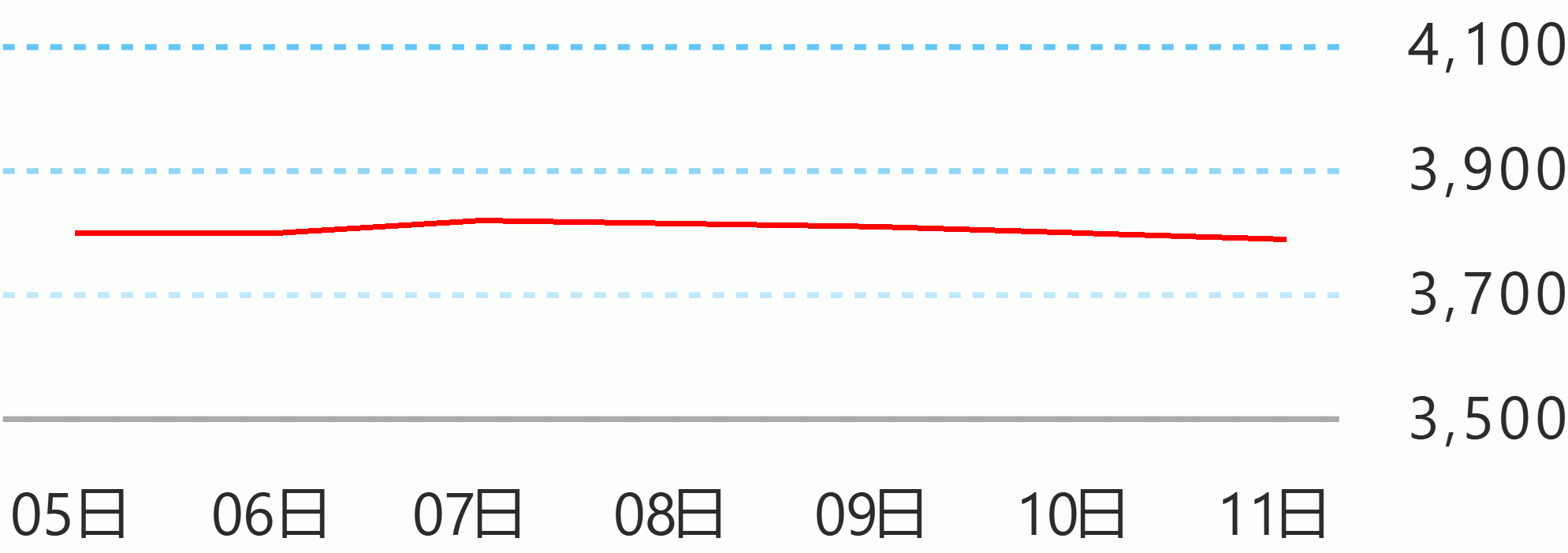The Philippines and China signed on Thursday two agreements, including a document containing the list of projects for possible cooperation of the two countries.
The forging of the deals, which were witnessed by President Rodrigo Duterte and Chinese President Xi Jinping at the sidelines of the Belt and Road Initiative Forum in Beijing, took place amid criticisms by various quarters on at least two Chinese-funded projects in the Philippines.
Socioeconomic Planning Secretary Ernesto Pernia and China's National Development and Reform Commission Chairman He Lifeng inked the Exchange of Letters on Production Capacity and Investment Cooperation in a ceremony held at the Great Hall of the People in Beijing.
"This document proposes a project list which will serve as the focus of cooperation between the National Economic Development Authority (NEDA) and the National Development and Reform Commission (NDRC),"
Presidential Spokesperson Salvador Panelo said in a statement.
He did not elaborate on the document, including possible projects that the two countries would focus on.
Some groups and individuals have raised concern over the $62-million loan that the Philippines contracted with China for the Chico River Pump Irrigation Project.
In particular, Supreme Court Senior Associate Justice Antonio Carpio earlier warned Beijing could seize gas reserves believed to be in the Reed Bank, which is being claimed by the Philippines in the South China Sea, in the event Manila defaulted in paying its loan with China.
During Xi's visit to Manila in November last year, the Philippines also inked P12.2-billion loan with China for the New Centennial Water Source-Kaliwa Dam Project.
In Beijing, Duterte and Xi also witnessed the signing of the Handover Certificate Grant-Aid for the Dangerous Drugs Abuse Treatment and Rehabilitation Centers Project, with the facilities to be established in Sarangani and Agusan del Norte.
Philippine Ambassador to China Jose Santiago Sta. Romana and Chinese Minister of Commerce Zhong Shan signed the deal.
Prior to the signing of the agreements, in their expanded bilateral talks, Duterte underscored the need for the two countries to further cooperate.
"The Philippine-China must continue to work together to explore new areas of cooperation and partnership," he said.
He noted that Xi's visit to Manila last November was a "watershed moment" in the ties of the two countries.
"The decision to elevate bilateral ties to a comprehensive, strategic cooperation affirms the Philippines and China's strong desire to further deepen and broaden this engagement," Duterte said.
He added that the Philippines envisions "high-quality and good impact projects" through China's support.
"The sooner they are completed, the sooner people on the ground will feel the benefits of Philippine-China relations," he said.
Latest survey of the Social Weather Stations released early this month showed that four out of 10 Filipinos do not believe China's intention for the Philippines are good for them.
In another SWS survey, which was released on April 16, China obtained a "neutral" trust rating of -6 in March, one point higher from its -7 in December last year. This was contrary to the "very good" net trust rating of +60 given by the Filipinos to the United States.
The Philippines and China are embroiled in a territorial dispute in the South China Sea.
The Hague-based Permanent Court of Arbitration favored Manila's petition, invalidating China's sovereign and historical claim in almost the entire South China Sea, including those within the 200 nautical miles exclusive economic zone of the Philippines.
But Duterte, in the meantime, placed at the back burner the PCA ruling, which came out in July 2016, shortly after he assumed office, and decided to take a friendlier and softer stance with China in exchange of increased trade and other economic assistance for the country. Celerina Monte/DMS





 English
English









